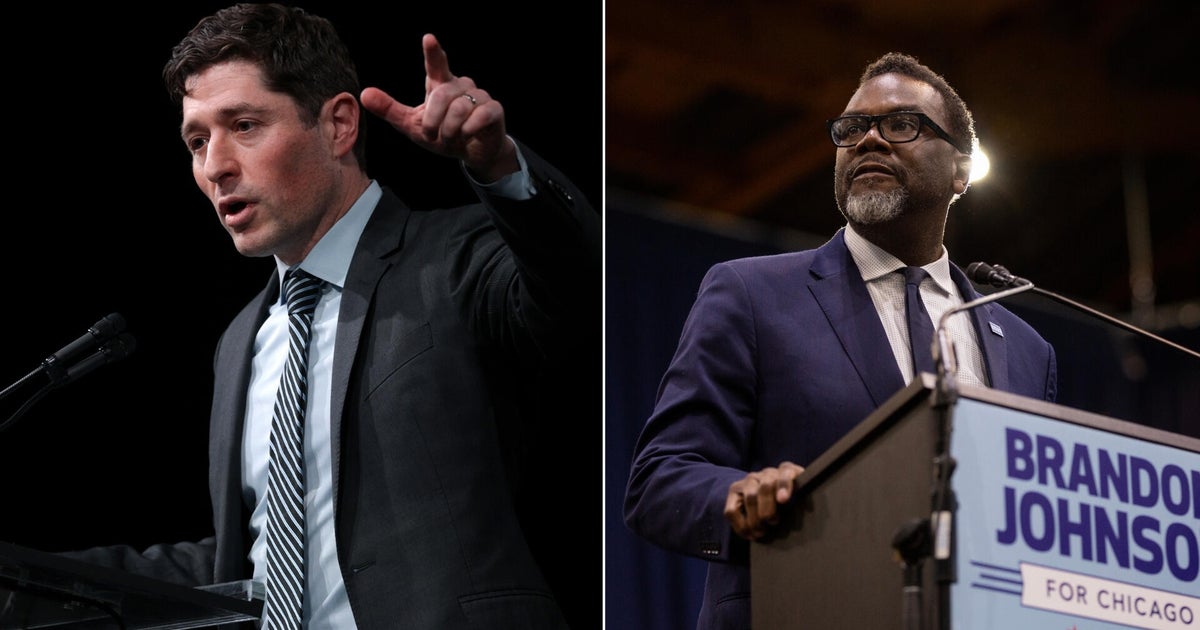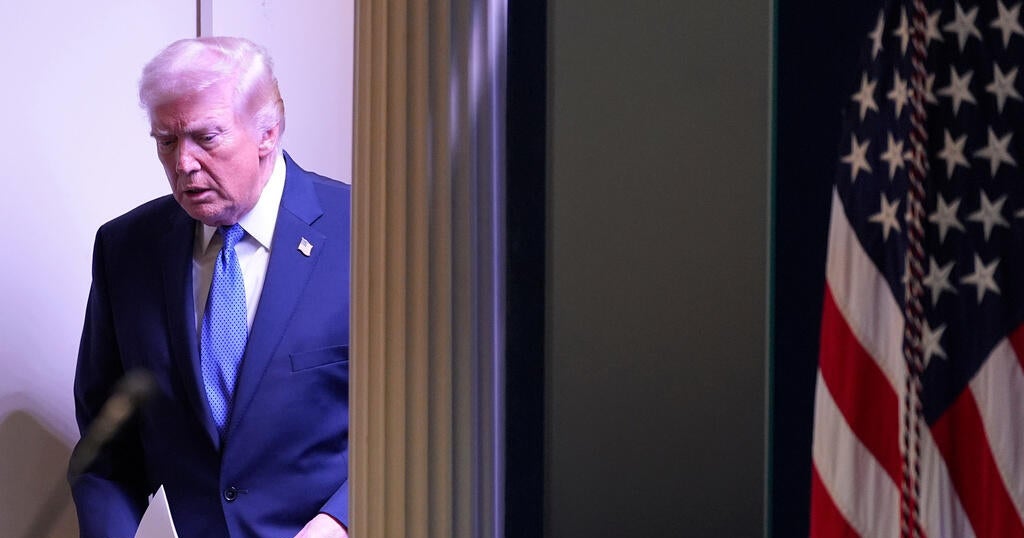Trump's infrastructure plan may pan out -- in 2019
Analysts are starting to assess the potential impact of President Donald Trump's $1.5 trillion infrastructure plan as laid out in his State of the Union address, and as is often the case, the devil is in the details.
The Trump administration, which is expected to release a fleshed-out proposal in coming weeks, is aiming to address what the president called the nation's "crumbling" infrastructure. The proposed investment can't come soon enough in the eyes of some, given a report this week that found more than 54,000 U.S. bridges are "structurally deficient."
The president's proposal involves just $200 billion in federal funds, with the balance coming from state and local governments as well as private investors. Financially strained cities and states may struggle to raise the funding to take advantage of the Trump administration's infrastructure plan, policy experts warn. Some analysts say Congress is unlikely to pass the infrastructure bill this year, pushing off the much-needed investment until 2019 or later.
"Few details were provided on how the infrastructure bill would be funded beyond calls for partnerships," Ed Mills, analyst at Raymond James & Associates, wrote in a note.
Shares of large publicly traded civil engineering and construction companies could see a boost ahead of the White House's more detailed plan, which is expected in mid-February, analysts at B. Riley wrote in a note to clients.
Trump's call for reduced regulatory hurdles on new projects could prompt objections by Democrats if environmental protections are weakened, wrote Mills, who added he believes Congress isn't likely to pass a bill until next year.
The November midterms could also shorten the window for action on infrastructure. As the B. Riley analysts put it: "There is comparatively little time remaining in the legislative schedule to negotiate a bill before the 2018 elections become a distraction."
Still, infrastructure spending is "one of the few remaining areas where bipartisan progress is possible," they added.
Stephanie Miller, an analyst at Heights Securities, gives Trump's proposal 15 percent odds of passage, but believes Trump may now be "more emboldened" to direct policy, giving traction to his push for a wall at the Mexican border and the infrastructure spending plan.
She added, "Despite the fact that Trump didn't outline any funding sources," it is possible infrastructure policy could become law in 2018.



